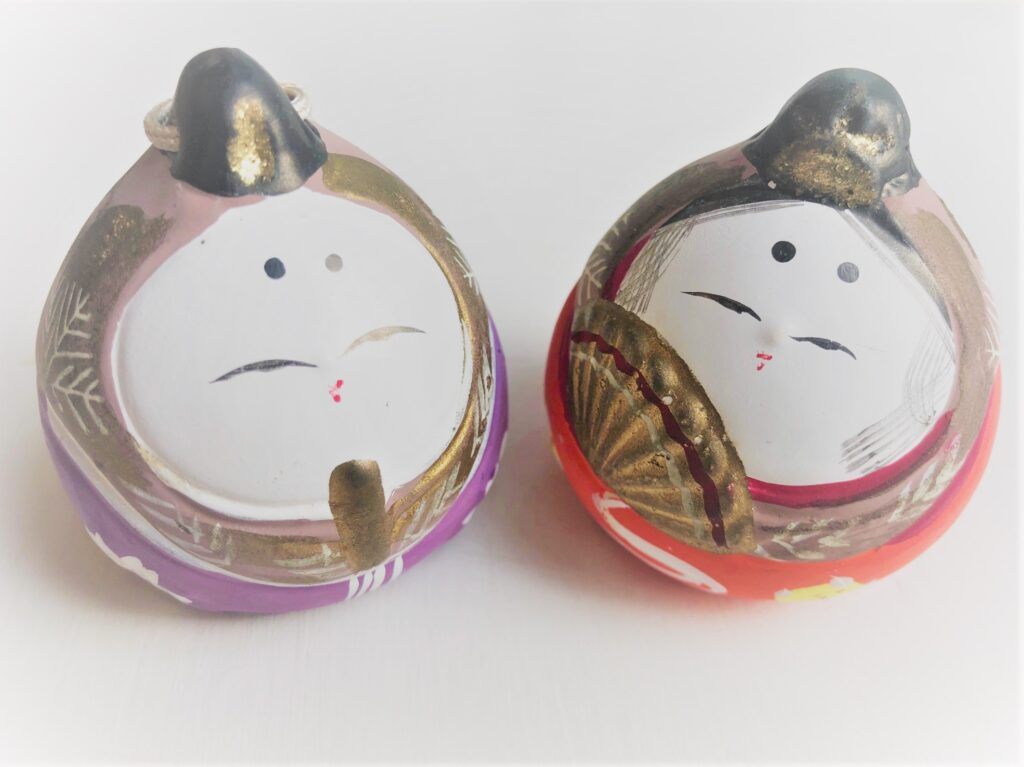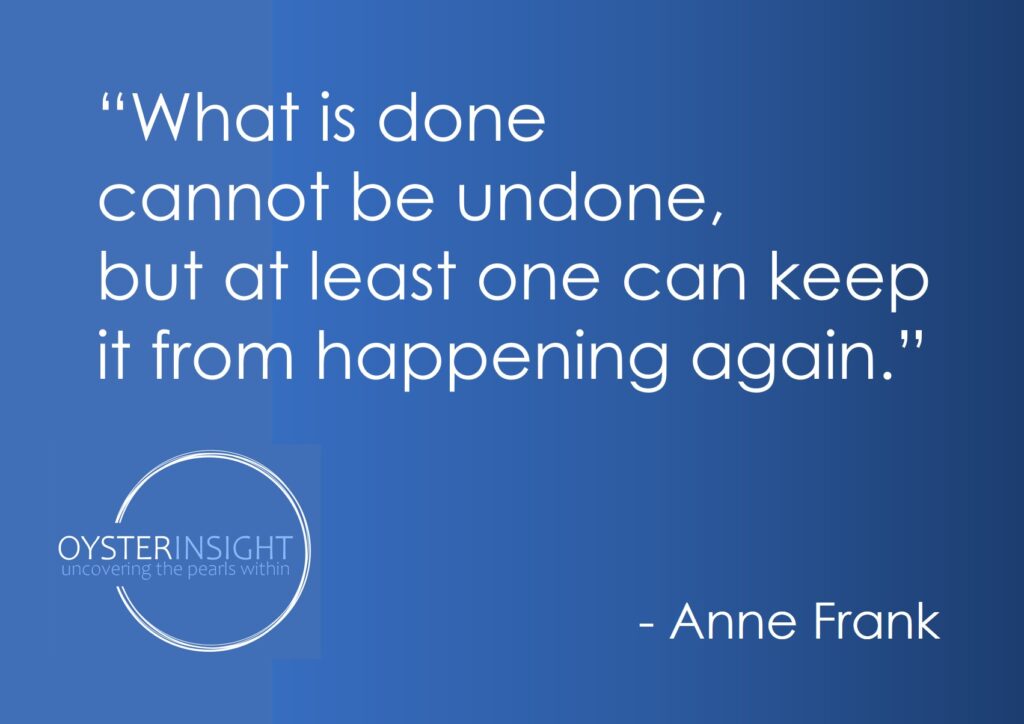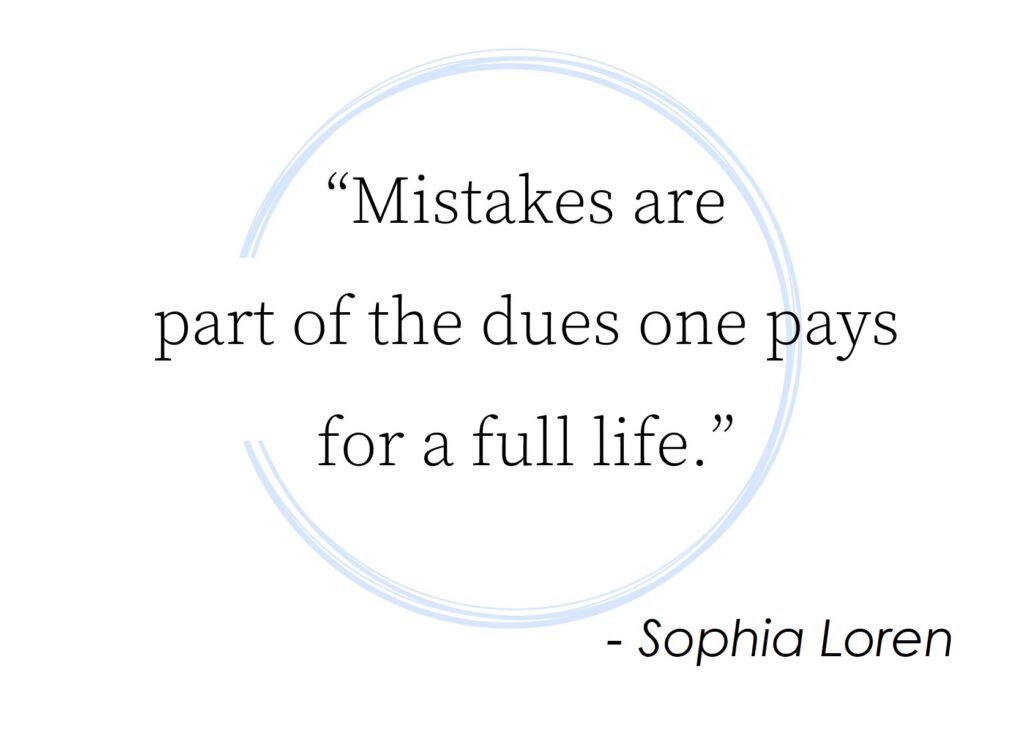Japanese Apologies
When I was in Japan, I learned that when you did something wrong, you needed to apologize three times. In three different ways.
For example, if you were late, the first apology could be the basic, “I’m sorry.” And then you had to acknowledge the impact your behavior had on others, that they are so busy and it was so kind of them to make time to see you anyway. And the third apology could be you owning your part, such as not leaving early enough, and ask for forgiveness.
And it actually felt good! Because at the end of this process, you had really exhausted the situation, and there wasn’t much you could do other than not make the same mistake again.

Useless Emotions
Regret and guilt are what I call “useless” emotions because they don’t help you. But you have to do something with them to be able to move on, grow and become a better person. There are three things you can do in combination, depending upon the situation, to banish regret and guilt: atone, learn from your mistakes, and manage your memories.
Atoning
Atoning usually begins with an apology. Similar to the Japanese method, we taught our toddlers apologies had three parts.
- “I’m sorry for <naming what they did>.”
- “I will try not to do it again.”
- “Will you forgive me?”
However you apologize, a good apology should be heartfelt, accept responsibility, name the incident, and be thorough. You will feel so much better afterward. And then you need to do whatever else appropriate to clean up your mess.

Learning from Mistakes
There are so many quotes about the rich life lessons from errors and mistakes for a reason. There are rich life lessons from errors, and it is incredibly hard for us to take advantage of them. Because it can be hard to admit when we did something wrong and to own our part in a situation. It feels horrible to admit we are wrong.
But the next part feels great – looking at what caused it and why you did what you did, and what you can do to prevent the pattern from recurring. The “aha” moment, and the insight of how to change can be really empowering.
Managing Memories
Multiple studies have shown that memories change over time, becoming distorted. They are often influenced by the circumstances of the most recent time you recalled them. In other words, they are not reliable. So, if a memory makes you cringe when you recall it, it’s likely to make you feel even worse the next time.
Once you have atoned and/or learned from your errors, you can move on. You do not need to remind yourself of this mistake. You can throw away, purge, or delete all mementos and reminders of the incident that make you wince or feel horrible. And if you do recall the situation, you can intentionally and mindfully focus on the lessons and atonement, and morph the memory into forward-momentum energy.

To Err is Human
We are all human, and we are going to make mistakes. In fact, the more we push frontiers and our growth edge, the more mistakes we are likely to make. How we handle them can improve as we grow. When you proactively work to banish your regrets, you can move forward with better relationships, more insight, and a lighter step.




